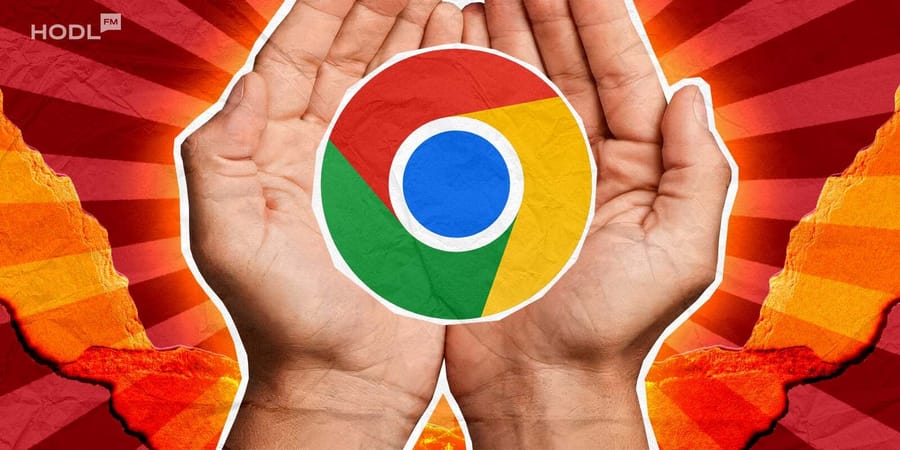A landmark antitrust case against Google reached a turning point Tuesday, as a U.S. federal judge declined to order the sale of the company’s Chrome browser but imposed remedies designed to open online search and advertising to greater competition.
Why the Court Chose Remedies Over Breakup
Judge Amit Mehta, issuing his decision in Washington, recognized that Google’s conduct violated the Sherman Antitrust Act, but stopped short of imposing the structural remedy, a forced divestiture, that some industry observers had speculated about. Historically, U.S. courts have used divestiture sparingly; even in the famous Microsoft case of the late 1990s, breakup proposals failed after appeal. Instead, the court leaned toward measures that could provide competitive breathing room without dismantling a consumer-facing product used by billions globally.
This signals a legal preference for behavioral and data-access obligations over asset sales, a significant shift compared with prior antitrust enforcement approaches.
Specific Remedies in the Order
Although the complete order is not yet public, reporting indicates Google must:
- Share portions of its search index and interaction data with qualifying competitors.
- Offer syndication of search and text ads to rival platforms.
- Avoid exclusive contracts that tie its search engine to Chrome, Google Assistant, Gemini AI, or distribution agreements with device manufacturers.
These remedies go beyond earlier settlement attempts or mere financial penalties, by requiring Google to actually unlock data and infrastructure advantages that underpin its dominance.
Why the DOJ’s Case Mattered
The Justice Department emphasized in its filings that Google controls roughly 90% of U.S. search queries, leveraging default placement agreements to entrench its dominance. The DOJ’s legal strategy resembled past monopolization claims but updated for a digital economy reliant on user data and defaults built into smartphones and browsers.
Legal scholars note that the case was not simply about browser software or ad revenue, it was about how defaults plus massive datasets produce a self-reinforcing cycle of monopolization.
Expert Reactions: Limited Change, But New Precedents
Industry analysts remain cautious about how much market impact the remedies will have. Ryan Yoon of Tiger Research noted that “data access could help rivals refine targeting models,” but Google’s vertically integrated ecosystem, spanning devices, software, and cloud infrastructure, gives it resilience.
Legal experts stress that this ruling prioritizes “market unblocking” rather than punitive splitting. Antitrust attorney Andrew Rossow called it part of a new wave of outcomes where courts craft contractual and data-access obligations to reshape competitive conditions in tech markets without forcing asset divestiture.
Long-Term Implications
The judgment offers a roadmap for handling antitrust issues with other dominant platforms such as Meta and Amazon. Instead of attempting breakups that may face years of appeals, regulators may find courts more receptive to remedies that open access to data or remove exclusivity clauses.
For Google, the short-term risk to Chrome and its search business is limited. But the obligation to share parts of its index and ad syndication could slowly erode its strongest “moats” if rivals capitalize on the opening.
More broadly, the decision reinforces how antitrust law adapts to rapidly changing technology markets: avoiding direct intervention on product structure but still seeking to counteract monopolization through targeted data transparency and contractual reform.

Disclaimer: All materials on this site are for informational purposes only. None of the material should be interpreted as investment advice. Please note that despite the nature of much of the material created and hosted on this website, HODL FM is not a financial reference resource, and the opinions of authors and other contributors are their own and should not be taken as financial advice. If you require advice. HODL FM strongly recommends contacting a qualified industry professional.





